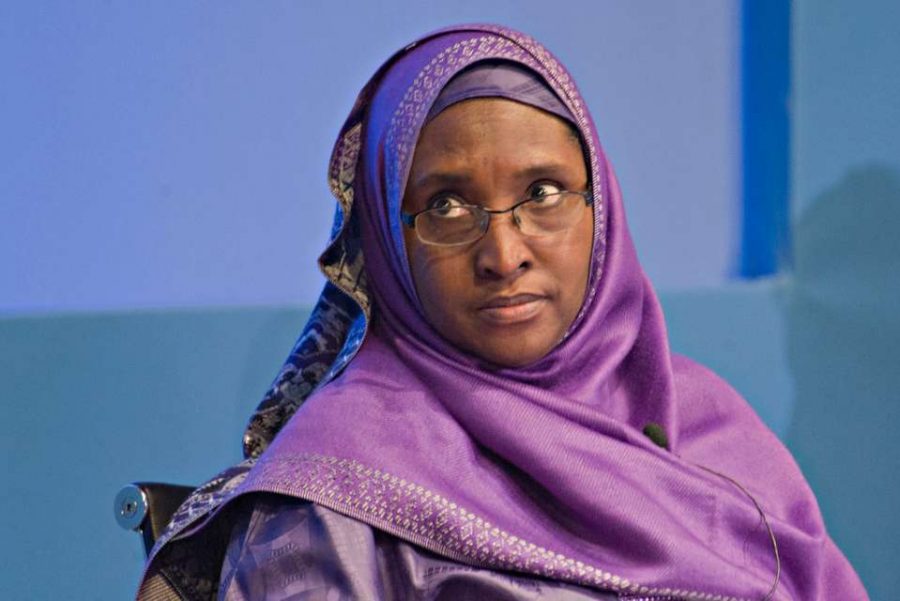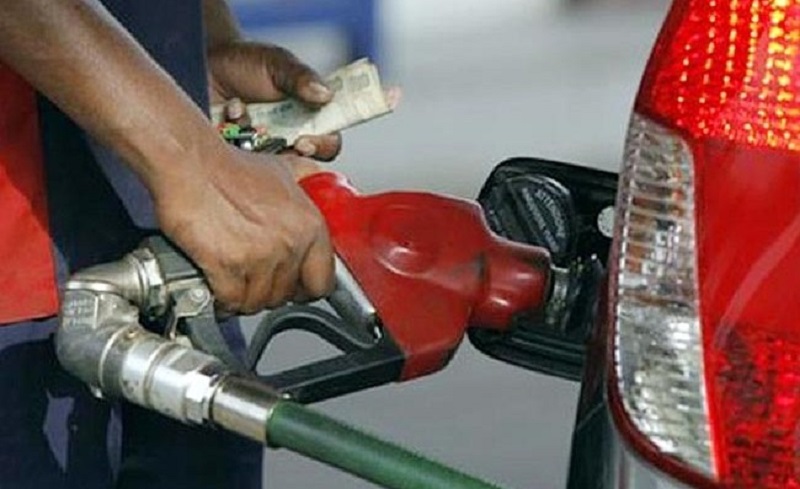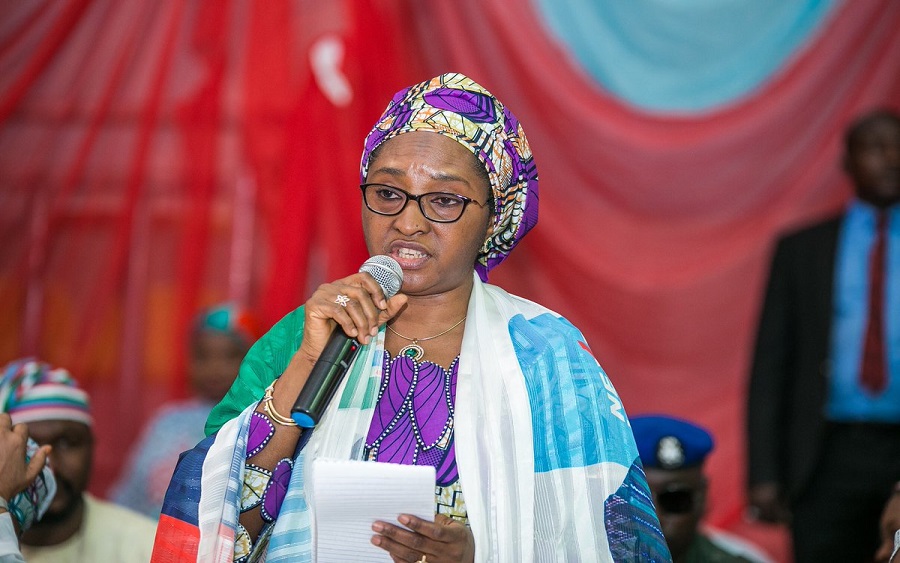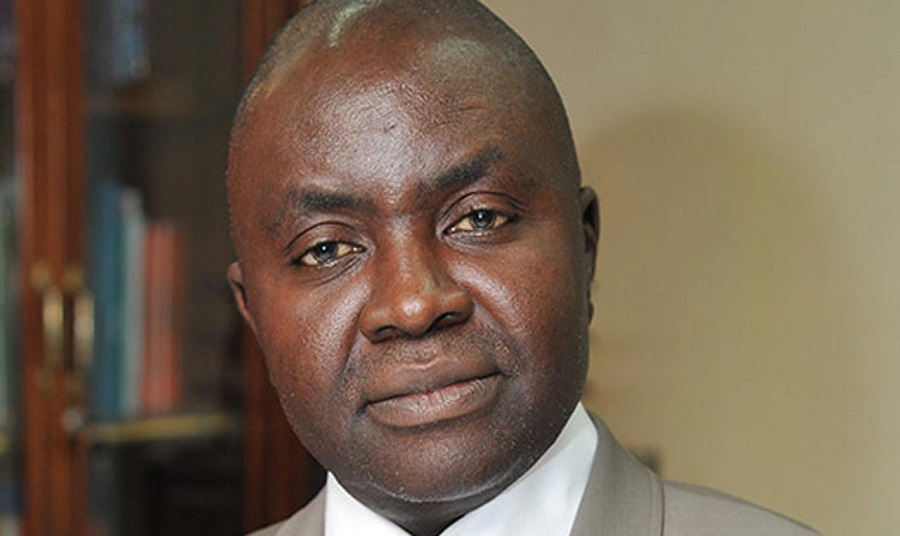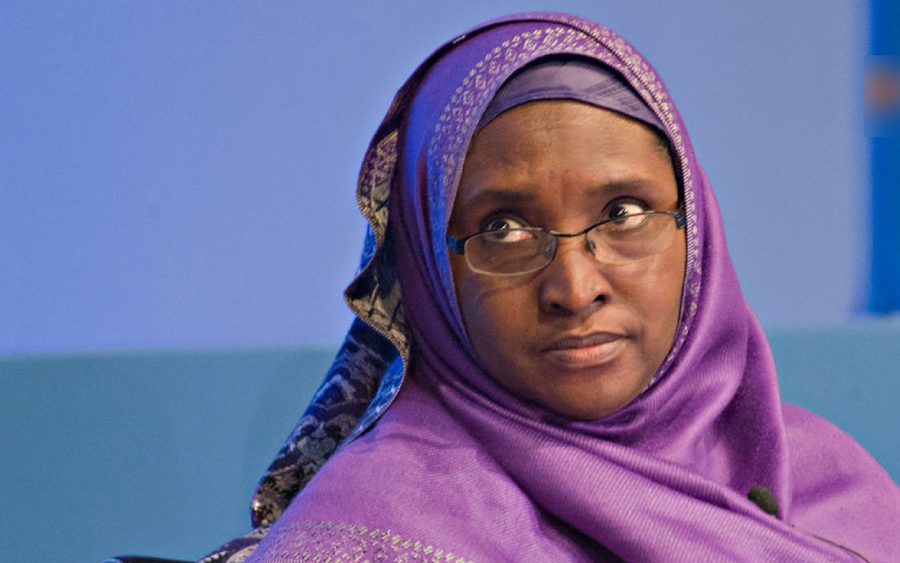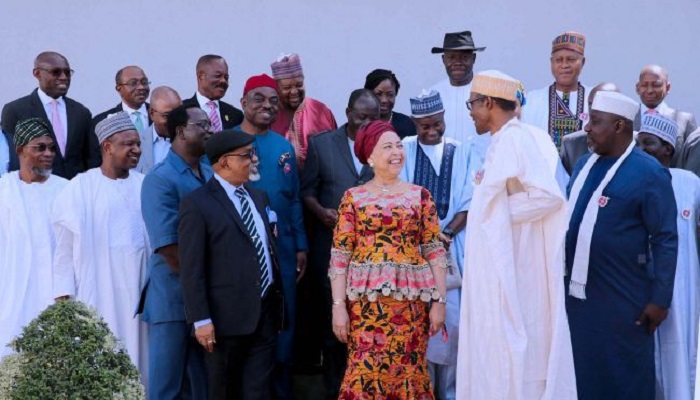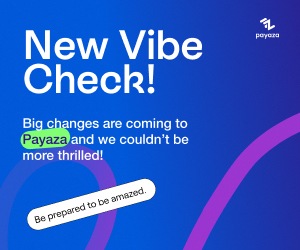Not less than N10 trillion has been received by the Federal Government from the implementation of the Treasury Single Account (TSA). This is according to the Account General of the Federation (OAGF).
The OAGF made this disclosure on Thursday, July 18, 2019, at Peer Review Mechanism of Ministries Departments and Agencies (MDAs) held in Abuja.
During its presentation to the Head of Civil Service of the Federation, Winifred Oyo-Ita, the OAGF disclosed that the N10 trillion was received from 1,674 Ministries, Departments, and Agencies (MDAs).

Other achievements recorded under the TSA: According to the OAGF, under the TSA, the government has been able to save over N45 billion monthly in interest on Ways and Means that it used to pay before the full implementation of the financial policy.
[READ MORE: State Governments and LGAs share monthly allocation of N294 billion]
More so, about N50 billion revenue from funds has so far been mopped from commercial banks as a result of the TSA implementation.
- elimination of cash handling costs,
- ability to determine consolidated Federal Government cash position,
- significant improvement on Federal Government liquidity position,
- improved revenue collection mechanism through e-collection,
- oversight on government cash and better cash management capabilities,
- reduction in money supply and cost of managing liquidity; and
- 24/7 online collection and payment systems.
History of the TSA: The Treasury Single Account is a policy recommended by the World Bank for the effective management of national cash assets by ensuring that all government payments and revenue collections are managed through a single bank account or a set of linked accounts, which promotes accountability and transparency in the management of public funds.
[READ ALSO: Accountant General says no problem paying N293 billion debt servicing
In 2011, the Federal Government (under President Goodluck Jonathan) mandated the commencement of the TSA initiative in Nigeria. A pilot commenced in 2012 on TSA payments (outbound transactions only) with just over 100 Ministries Departments and Agencies (MDAs). This was later extended to all the other MDAs.
In 2015, President Muhammad Buhari’s administration mandated the full and comprehensive implementation of TSA across all Federal Government MDAs without any exception.

